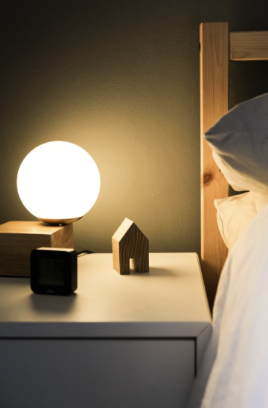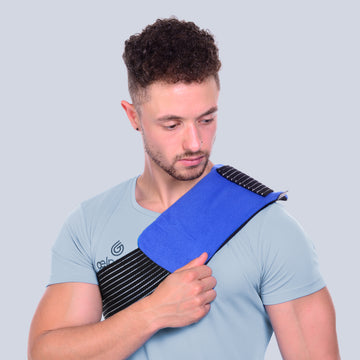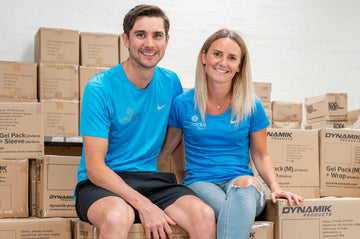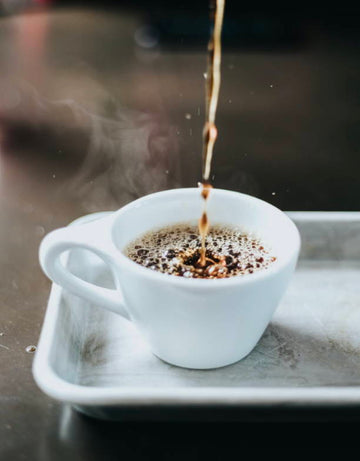Posted by Tia Patel | Oct-26-2020

How to sleep better at night
Living a healthy lifestyle is not just about diet and exercise. Do you have difficulty falling asleep? Or, are you feeling sleepy or tired throughout the day?
Not having enough sleep can slow down your metabolism and lead to an increased risk of obesity, diabetes and even heart disease.
So what are the secret’s of a good night’s sleep?
Creating a regular bedtime routine can help you wind down and prepare your body and mind for bed, helping you to get a good night’s sleep, here’s how……...
Going to bed at regular times will program the brain and internal body clock to get used to a set routine. Most adults need between 6 and 9 hours of sleep every night. By working out what time you need to wake up, you can set a regular bedtime schedule. It is also important to try and wake up at the same time every day. While it may seem like a good idea to try to catch up on sleep after a bad night, doing so on a regular basis can also disrupt your sleep routine.
Make sure you wind down, a critical stage in preparing for bed. There are lots of ways to relax which will help you to end the day and get to sleep faster:
-
a warm bath (not hot) will help your body reach a temperature that's ideal for rest.
-
writing "to do" lists for the next day can organise your thoughts and clear your mind of any distractions.
-
relaxation exercises, such as light yoga stretches, help to relax the muscles. Do not exercise vigorously, as it will have the opposite effect.
-
relaxation CDs work by using a carefully narrated script, gentle hypnotic music and sound effects to relax you.
-
reading a book or listening to the radio relaxes the mind by distracting it.
-
avoid using smartphones, tablets or other electronic devices for an hour or so before you go to bed as the light from the screen on these devices may have a negative effect on sleep.
Make your bedroom sleep-friendly. Experts claim there's a strong association in people's minds between sleep and the bedroom. However, certain things weaken that association, such as TVs and other electronic gadgets, light, noise, and a poor mattress. Your bedroom should be a relaxing environment, think about how it is designed and decorated, the best colour to promote sleep is blue, having a calming effect on the brain! Your bedroom ideally needs to be dark, quiet, tidy and be kept at a temperature of between 18C and 24C. Fit some thick curtains if you do not have any and if you're disturbed by noise, consider using earplugs.
Keeping a sleep diary can help uncover lifestyle habits or daily activities that contribute to your sleeplessness. If you see your GP or a sleep expert they will probably ask you to keep a sleep diary to help them diagnose your sleep problems. A sleep diary can also reveal underlying conditions that explain your insomnia, such as stress or medication.
Using your gel pack hot in the winter to warm up the bed and cold in summer to cool down your bed and make your sleeping environment more comfortable.
Explore our range of hot water bottles to snuggle up to on cold winter nights.
If you follow these simple tips you’ll find it easy to sleep better at night, in fact, you’ll find it so easy, you can do it with your eyes closed! 😉
Sleep tight!
#TeamGPD
















